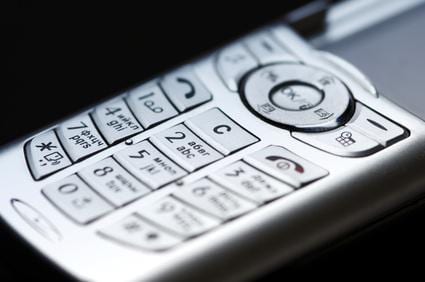Global Positioning System devices use satellite technology to track the position of the GPS device. Parents can use this technology to keep track of their children. Some companies place GPS devices in cell phones, which parents can then use to find the child. If your child has this in her phone, you will be able to view her exact location on a map. You can use it to find a child who is lost or keep tabs on your teenager, including watching how fast she drives.
Step 1
Purchase a cell phone that includes GPS monitoring. Not all cell phones will offer this service.
Step 2
Sign up for a tracking service. You’ll need to pay a monthly fee–usually around $10 per phone–to keep tabs on your child.
Step 3
Log into your account. Through the website of the company that offers GPS tracking, you’ll be able to log into your account.
Step 4
Navigate to the map area. Within your account, there will be a section of maps. This offers real-time data of where your child is.
Step 5
Find the marker that indicates your child’s position. There will be a small symbol on the map that represents your child. It will move when your child moves. You will also be able to zoom in to see your child’s exact location, such as whose house she’s in.
Warnings
- Some experts, such as child psychiatrist Steve Schlozman at Massachusetts General Hospital, believe that using GPS to track and monitor your child’s actions can stunt growth because it shows you don’t have trust in him. You may want to use the GPS only for worst-case-scenarios, such as when he misses curfew, rather than as a matter of rule.
Photo Credit
- cell phone image by Alexey Klementiev from Fotolia.com





